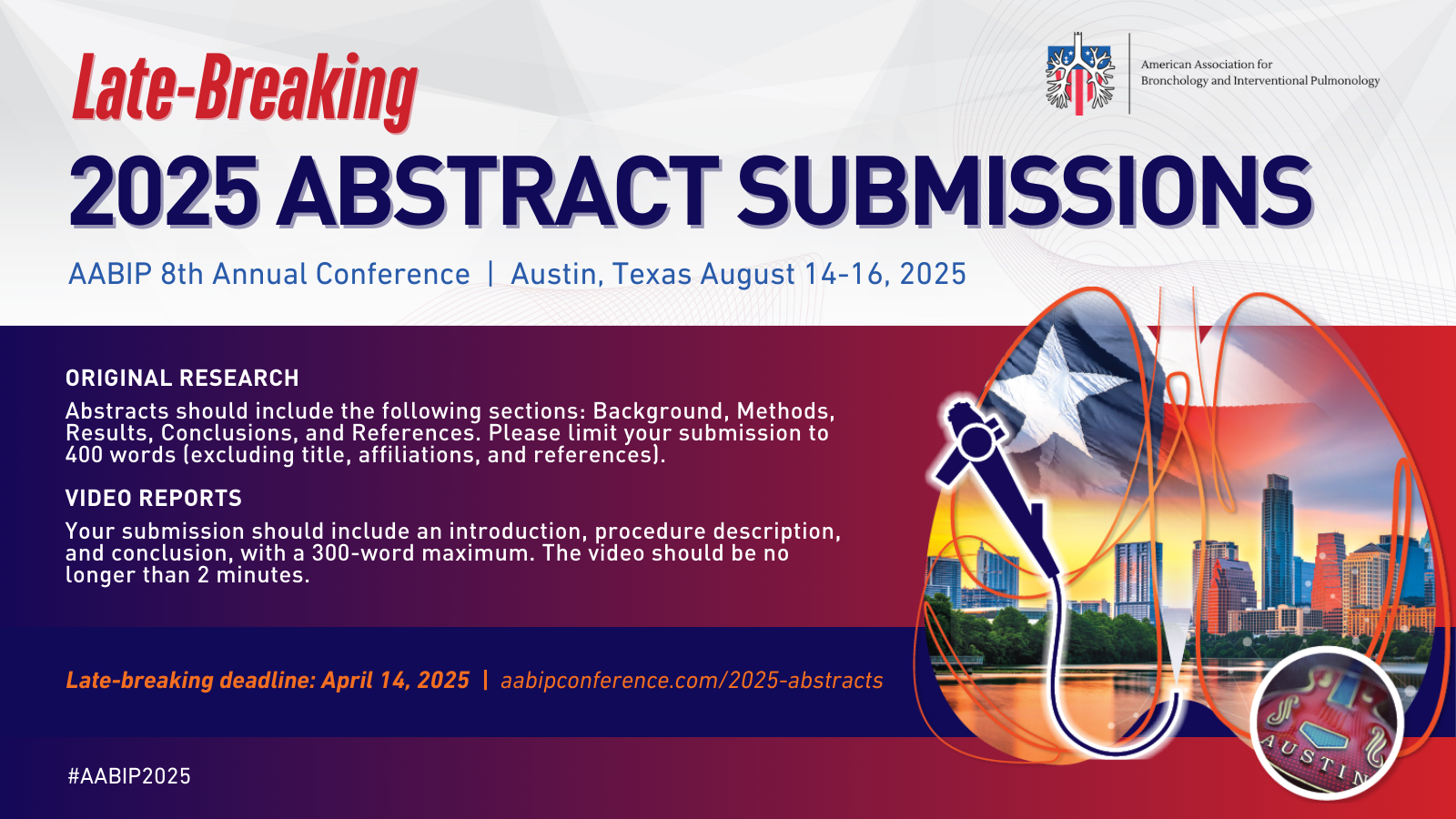https://www.ncbi.nlm.nih.gov/pubmed/10593802
Landmark Article
Reference: Rationale and design of The National Emphysema Treatment Trial: a prospective randomized trial of lung volume reduction surgery. The National Emphysema Treatment Trial Research Group. Chest. 1999;116(6):1750-61.
Summary:
- Background: This was the publication that laid the foundations and rationale for selecting specific screening criteria for surgical lung volume reduction.
- Take Home: Reasoning and rationale for the clinical design of the NETT. These foundations were later incorporated into bronchoscopic lung volume reduction studies.
A randomized trial comparing lung-volume-reduction surgery with medical therapy for severe emphysema
https://www.ncbi.nlm.nih.gov/pubmed/12759479
Landmark Article
Reference: Fishman A, Martinez F, Naunheim K, et al. A randomized trial comparing lung-volume-reduction surgery with medical therapy for severe emphysema. N Engl J Med. 2003;348(21):2059-73.
Background: Foundational study demonstrating the benefit of lung volume reduction surgery in upper lobar emphysema
PICO:
Populations:
- Patients with severe emphysema
- Post-bronchodilator TLC > 100%
- Post-bronchodilator RV ≥ 150%
- FEV1 ≤ 45%
- PaCO2 < 60 mmHg
- PaO2 ≥ 45 mmHg
- Completion of Pulmonary Rehabilitation
- Non-smoker for > 4 months
Intervention:
- Lung volume reduction surgery
Comparison:
- Maximal medical therapy without surgical or procedural interventions
Outcome:
- There was a mortality benefit with lung volume reduction surgery in selected patient populations
Take Home: In patients with upper lobe emphysema and low baseline exercise capacity, surgical lung volume reduction can have a protentional for a mortality benefit. In all comers however, there is only an improvement in exercise capacity.
Lung volume reduction surgery since the National Emphysema Treatment Trial: study of Society of Thoracic Surgeons Database
https://www.ncbi.nlm.nih.gov/pubmed/24631312
Clinical Trial
Reference: Decker MR, Leverson GE, Jaoude WA, Maloney JD. Lung volume reduction surgery since the National Emphysema Treatment Trial: study of Society of Thoracic Surgeons Database. J Thorac Cardiovasc Surg. 2014;148(6):2651-8.e1.
Background: This was a registry study reviewing real world implementation of surgical lung volume reduction
PICO:
Populations:
- Patients with severe emphysema
Intervention:
- Lung volume reduction surgery
Comparison:
Outcome:
- There was a mortality benefit with lung volume reduction surgery in selected patient populations; however, there were limited total surgeries performed nationally
Take Home: In patients with upper lobe emphysema and low baseline exercise capacity, surgical lung volume reduction can have a significant mortality benefit
Lung Volume Reduction Surgery on Extracorporeal Life Support
https://www.ncbi.nlm.nih.gov/pubmed/28109366
Case Report
Reference: Tzafos S, Collaud S, Wilhelm M, Wieser S, Weder W, Inci I. Lung Volume Reduction Surgery on Extracorporeal Life Support. Ann Thorac Surg. 2017;103(2):e115-e117.
Background: This is a case report on the safety and efficacy of lung volume reduction surgery on a patient requiring veno-arterial (VA) extracorporeal membrane oxygenation (ECMO) support
PICO:
Populations:
- One patient with severe emphysema and respiratory failure
Intervention:
- Lung volume reduction surgery
Comparison:
Outcome:
- The patient survived and made a full recovery
Take Home: In selected patients, surgical lung volume reduction can be considered for patients on VA ECMO.
Consolidating lung volume reduction surgery after endoscopic lung volume reduction failure
https://pubmed.ncbi.nlm.nih.gov/32991839/
Retrospective
Reference: Eichhorn ME, Gompelmann D, Hoffmann H, et al. Consolidating lung volume reduction surgery after endoscopic lung volume reduction failure. Ann Thorac Surg. 2021;111(6):1858-1865.
Background: Bronchoscopic lung volume reduction is effective at improving symptoms in some patients with severe emphysema, however, the results are inconsistent among patients and some develop long term failure after initial improvement. This analysis hypothesized that surgical lung volume reduction would reestablish the short-term clinical improvements seen after bronchoscopic lung volume reduction after long-term failure.
PICO:
Population –
- 20 patients with heterogenous emphysema who had previously undergone bronchoscopic lung volume reduction without sustained efficacy
Intervention –
- All patients underwent surgical lung volume reduction by lobectomy
Comparison –
Outcome –
- 30-day mortality was 0% and 90-day mortality was 5% (1/20)
- Remaining 19 patients:
- Significant increase in forced expiratory volume in one second, reduced residual volume and total lung capacity
- Significant improvements in exercise tolerance and relief of dyspnea.
Take home: LVRS by lobectomy after failure of previously successful BLVR is feasible and may result in significant symptom relief and improved lung function.




